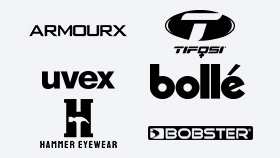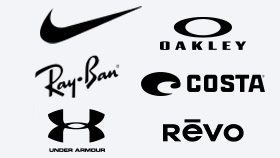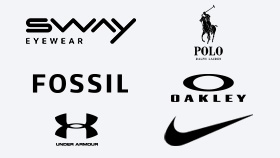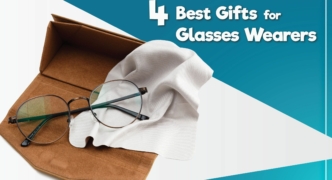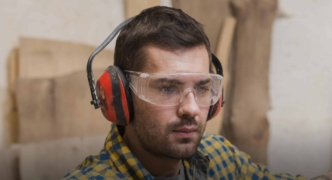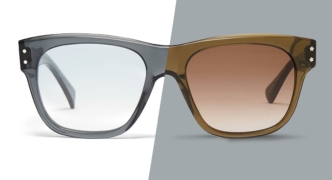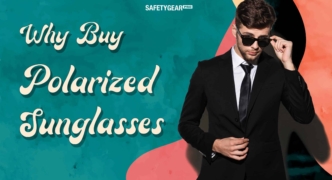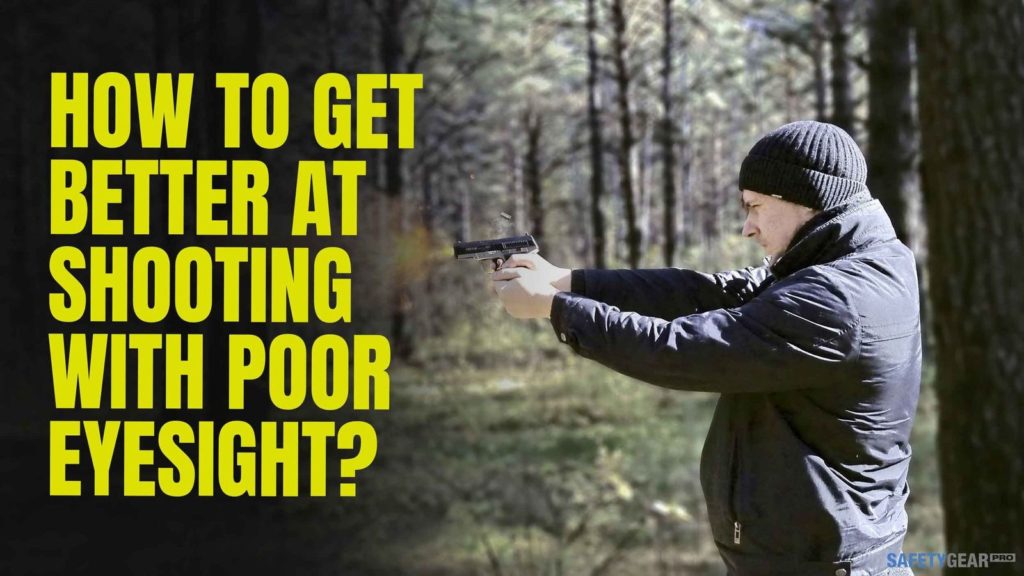
Seeing clearly and being able to quickly shift between near and far focus are important for accuracy while shooting. Prescription shooting glasses and goggles that are rated for ballistic impact have specialized features such as multifocal lenses and target-enhancing tints. Discover what sets glasses designed and tested for shooting apart from other safety eyewear and find out how to select frames and lenses to improve your shooting experience.
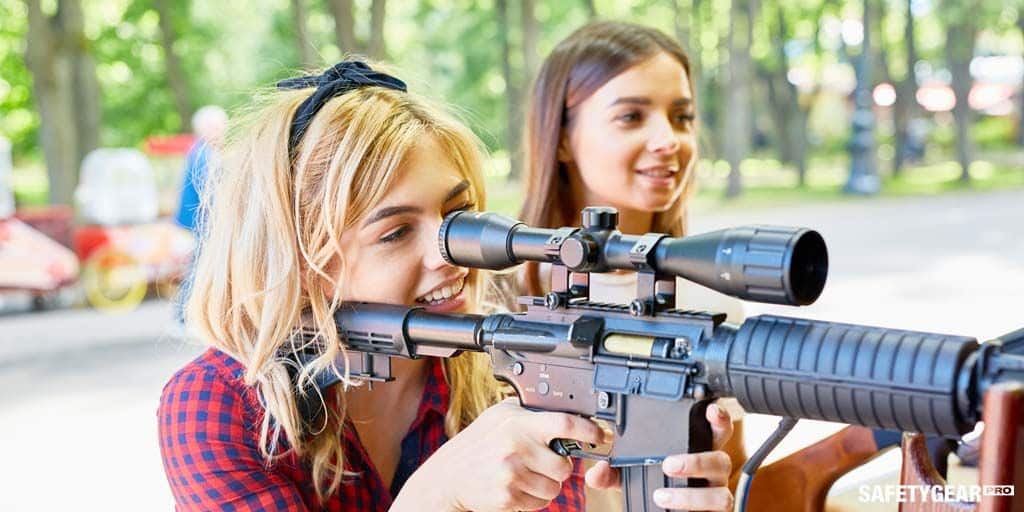
Glasses Versus Goggles
Selected styles of glasses and goggles are designed to meet ballistic safety standards. The style of eyewear you should choose depends on your priorities at the range or in the field. Glasses are easier to take on and off, but do not provide as close of a fit as goggles. The lens options for glasses and goggles may determine which type of eyewear you prefer to wear while shooting.
It may be possible to get shooting glasses with prescription inserts that make it easy to change lens colors. Other styles may only be compatible with a single set of lenses. Distortion can diminish the benefits of corrective eyewear for individuals who require powerful prescriptions. Look for high Rx glasses and be aware of this potential problem with wrap-around frames and certain goggle lens shapes.
Ballistic Eye Protection
The frames and lenses of eyewear with a ballistic rating have passed high-velocity impact tests. In addition to blocking projectiles, these glasses and goggles shield eyes from fragmentation. Frames and lenses must both be shatter-resistant. Some of the best ballistic eyewear is on the Authorized Protective Eyewear List for the U.S. Army.
Several military standards apply to ballistic eye protection, such as MIL-PRF-31013 clause 3.5.1.1 for glasses and MIL-DTL-43211D clause 3.5.10 for goggles or visors. Other international standards for corresponding levels of protection include the civilian American National Standards Institute Z87+ and the European EN 155 A High Energy Impact ratings.
Near and Far Sight
Whether you are nearsighted or farsighted, you may benefit from wearing glasses or other vision correction while you shoot. In many cases, bifocal or multifocal lenses are helpful for shifting focus. The act of aiming and firing puts your accommodation reflex, or ability to shift from near to far focus, to the test. Depth perception and visual acuity also factor into your ability to hit a target.
If it seems like your accuracy is diminishing, you may have presbyopia. The ability to focus on near objects diminishes after the age of 40. For this reason, it is important to get yearly vision tests after this age to ensure that you have the best shooting glasses over prescription.
If you decide to wear bifocals, be very attentive to your stance. The areas of focus on standard bifocal lenses often cause wearers to tilt back their heads, shift their shoulders and arch their backs, impairing their ability to absorb recoil and maintain accuracy for rapid, multiple hits. Keep your shoulders forward and head directly behind the gun. Bend your knees rather than arching your back.
Lens Tints for Prescription Shooting Glasses
Many popular styles of shooting glasses have tinted lenses. The right lens color can enhance the appearance of targets while also improving contrast and depth perception. Some of the most popular lens tints worn while shooting include gray, amber, yellow, orange and purple.
Gray lenses reduce glare and preserve color accuracy in most weather conditions. Amber lenses block blue light and enhance contrast and depth. Yellow lenses and orange lenses heighten contrast and can cause orange targets to pop. Purple or vermilion glasses are also helpful for making targets stand out against the background.
It is also possible to get shooting glasses with clear lenses that are corrective or just protective. Clear lenses are beneficial for indoor daytime wear and maintaining maximum visibility under very low-light conditions such as when night shooting. Polarized and mirrored lenses can reduce the extent to which light reflected horizontally strikes your eyes, making it easier to focus in bright environments.
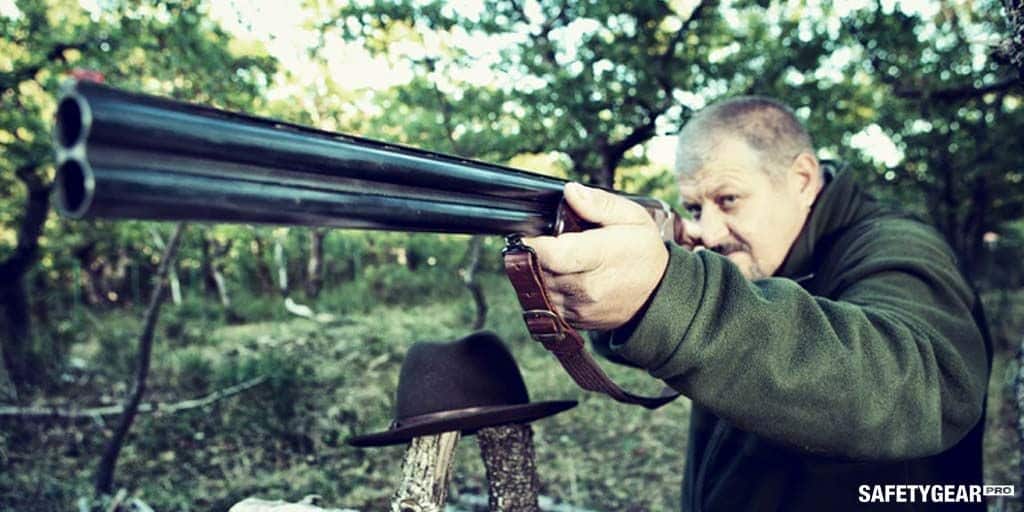
Depending on your level of skill, shooting glasses may provide the edge you need for better accuracy. Sighting systems can also make it easier to shift focus. Be sure to practice shooting in glasses and maintain a proper stance, especially while wearing bifocals. Shooting glasses also provide eye protection and tinted lenses may enhance target visibility.
FAQs
Can I get prescription glasses for shooting?
Prescription glasses are available for shooting. Many competitive and recreational shooters wear bifocals or progressive lenses that allow for a range of vision. Corrective lenses that mount on the scope and specialized accessories such as laser designators or equipment that can help you shift in focus and aim with accuracy.
Who makes the best prescription glasses for shooting?
Safety glasses companies make the best prescription glasses for shooting. Look for eyewear rated to stand up to high mass and high velocity projectiles and fragmentation sold as ballistic eyewear. Wiley X is a veteran-founded company that makes glasses and goggles on the U.S. Army Authorized Protective Eyewear List.
What materials are used to make shooting glasses frames?
Plastic and polymers such as nylon are the most common frame materials for safety glasses that have ballistic impact resistance. Ballistic glasses may meet U.S. Military standard MILK-PRF-31013 or the MIL-DTL-43511D standard for goggles. Ballistic-rated frames must be fitted with shatter-resistant prescription lenses to provide the stated safety rating.
What are the best lens colors for prescription shooting glasses?
Factor in background and light conditions where you shoot to select the best lens tint for shooting eyewear. Gray, amber, yellow, orange, purple and vermillion are some of the most popular colors for tinted shooting lenses. The first two colors maintain color accuracy, while the latter four may emphasize targets.
Can I get shooting glasses with interchangeable lenses?
Some ballistic-rated glasses are compatible with interchangeable lens systems. This eyewear provides protection and allows for customizable vision enhancement for any light conditions. Some styles of prescription eyewear are not compatible with interchangeable lenses and require you to choose a single lens tint and finish for each pair of frames.



